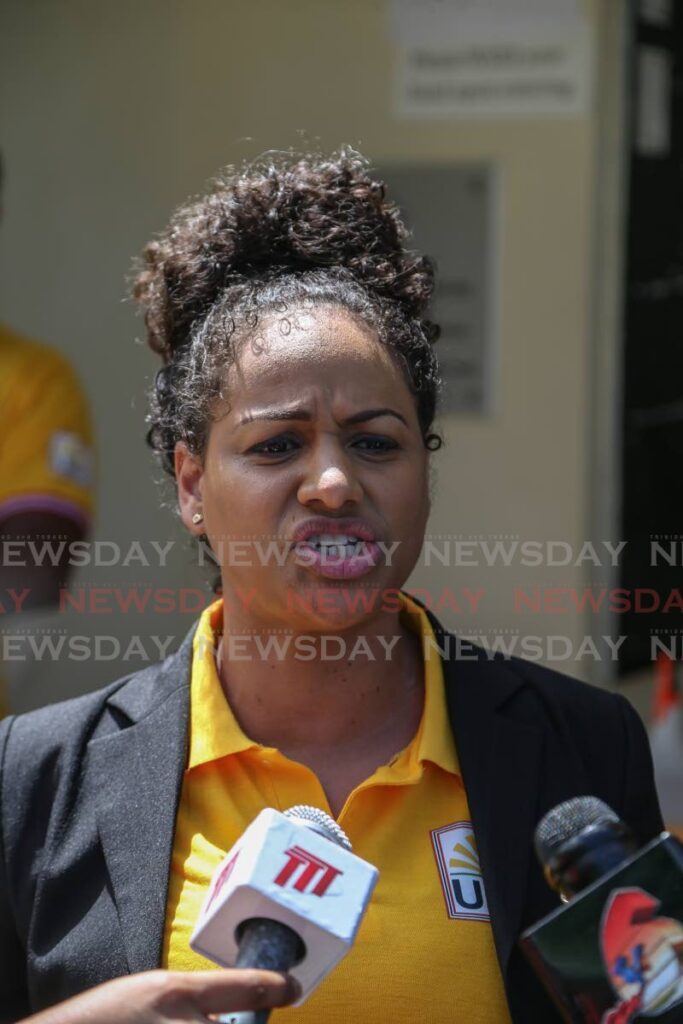Walker late but right about Kamla

THE EDITOR: As the nation celebrates independence it can equally mourn that, unfortunately, it only has one national political party, the People's National Movement (PNM) as the United National Congress (UNC) under Kamla Persad-Bissessar is now relegated as a deep-south regional political entity driven by a cult of personality.
In the Persad-Bissessar-led UNC blind loyal and personal ambition supersedes competence, where criminal allegations are selectively ignored, where sexual orientation is a qualification for party promotion, and where party is more important than country.
Marsha Walker's recent commentary follows in the footsteps of my own observations made years ago and serves to reaffirm the continued troubling state of leadership within the UNC and its leader, Persad-Bissessar. Though separated by years together, our perspectives present a consistent narrative of inadequacies and shortcomings within the party's opposition stance in TT.
My analysis of the UNC's internal dynamics and the erosion of democratic principles within the party aimed to call attention to the pressing need for reform. I highlighted how a skewed focus on leadership, coupled with practices of nepotism and a disregard for democratic ideals were undermining the party's credibility and its ability to effectively serve both its members and the nation at large.
Walker's recent comments following the confusion after the local government elections echo and amplify these concerns, offering a contemporary view of Persad-Bissessar's leadership approach. By accusing Persad-Bissessar of placing personal interests above national welfare and fostering an environment of political desperation, Walker mirrors my earlier assertions. Her claims of loyalty-driven appointments and suppression of independent voices within the party only serve to validate the issues I brought to light years ago.
The alignment between our perspectives underscores a consistent narrative of a party leadership that has failed to adapt and resonate with its constituents. This lack of evolution has hampered the UNC's ability to position itself as a genuine alternative to the governing party, ultimately influencing its performance in elections and its role as an effective opposition entity.
In essence, both my earlier analysis and Walker's present commentary underscore a pressing need for introspection within the UNC. If the party is to regain relevance and rebuild its image, it must confront the issues raised by its own members and supporters regarding leadership transparency, internal democracy, and its overarching governance strategies.
Neglecting these concerns could perpetuate the perception of a party ill-equipped to offer the dynamic leadership that TT's political landscape demands.
DR DEVANT MAHARAJ
via e-mail

Comments
"Walker late but right about Kamla"